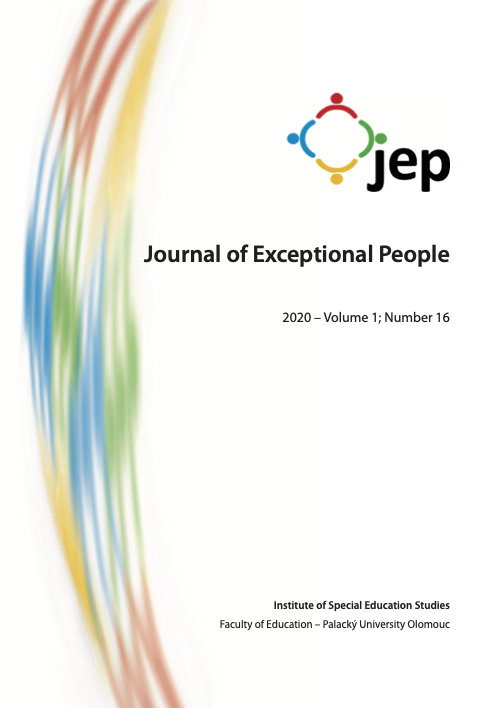A music therapy experiment based on musical stimuli with artificially implemented physiological complexity in patients with dementia
A music therapy experiment based
on musical stimuli with artificially implemented physiological complexity in patients with dementia
Author(s): Lenka Dohnalová, Tomáš Fürst, Jana Fürstová, Jiří LuskaSubject(s): Anthropology, Social Sciences, Education, Psychology, Sociology
Published by: Univerzita Palackého v Olomouci
Keywords: dementia; Alzheimer’s disease; music therapy; physiological complexity
Summary/Abstract: The aim of this study was to assess the effect of music therapy (MT) with artificially implemented physiological complexity (PHC) in patients in the first and second stages of dementia. The research was conducted on 34 seniors divided into three groups: (1) group with MT with PHC; (2) group with MT without PHC; (3) control group with no MT. The participants ’cognitive functions were assessed by the Mini-Mental State Examination (MMSE) and the Addenbrooke’s Cognitive Test (ACE). A high proportion of participants were excluded during the study due to their health condition. No significant difference was found between the compared groups. None- theless, the overall results look promising: In the MT group with PHC, the cognitive functions improved in 3 patients; in the MT group without PHC, 1 patient improved; in the control group with no MT, there was no improvement in any of the participants.
Journal: Journal of Exceptional People
- Issue Year: 1/2020
- Issue No: 16
- Page Range: 21-31
- Page Count: 11
- Language: English

